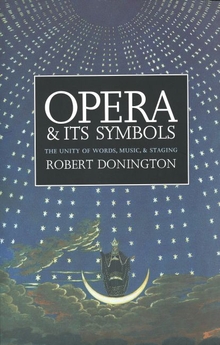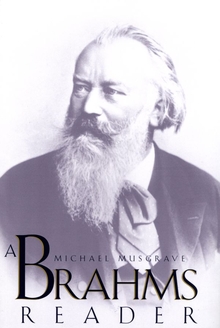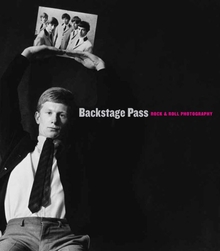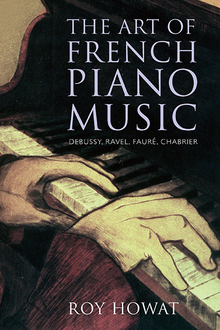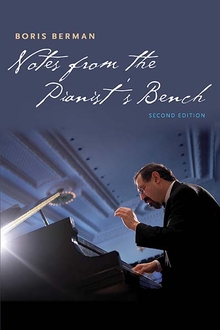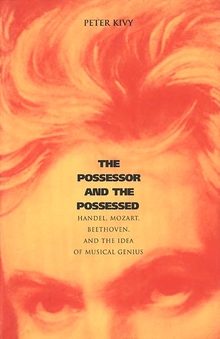Opera and its Symbols
WARNING
You are viewing an older version of the Yalebooks website. Please visit out new website with more updated information and a better user experience: https://www.yalebooks.com
The Unity of Words, Music and Staging
Robert Donington
Robert Donington, the noted musicologist, performer, and writer, is famous for his influential and provocative book Wagner’s “Ring” and Its Symbols, and for his indispensable reference work The Interpretation of Early Music. In this book he discusses the workings of symbolism in opera and the importance of staging opera in keeping with the composer’s intentions. Only in this way, says Donington, can we be faithful to the conscious or unconscious symbolism invested in the work by the composer and librettist.
Starting form Carlyle's premise that "it is through symbols that man, consciously or unconsciously, lives, works and has his being," Donington interprets scenes and characters from operas by Monteverdi, Mozart, Verdi, Wagner, Bizet, Puccini, Debussy, Strauss, Stravinsky, Berg, Britten, Tippett, and other composers. Time and again Donington sheds new light on operatic situations that are problematic or have become over-familiar. His lively and wide-ranging work reveals a deep knowledge and love of opera, combined with a rare insight into hidden meanings to be found in music, words, and action.
Publication Date: September 10, 1992

